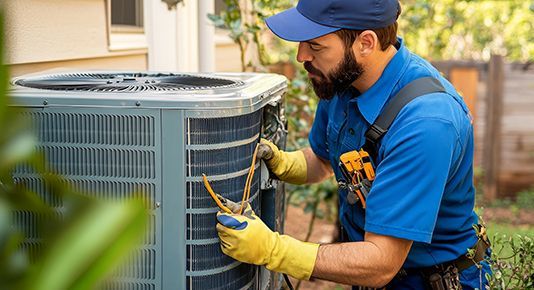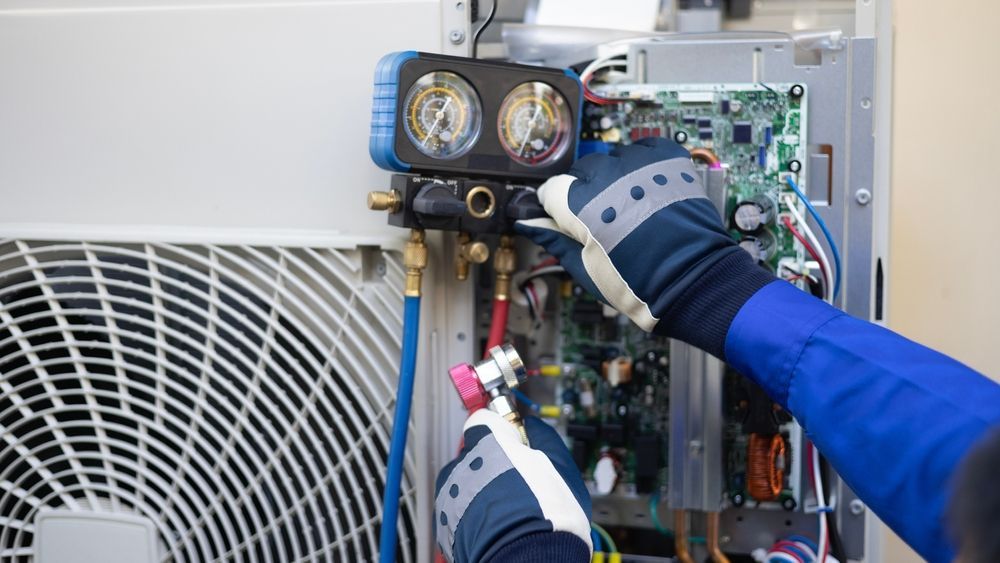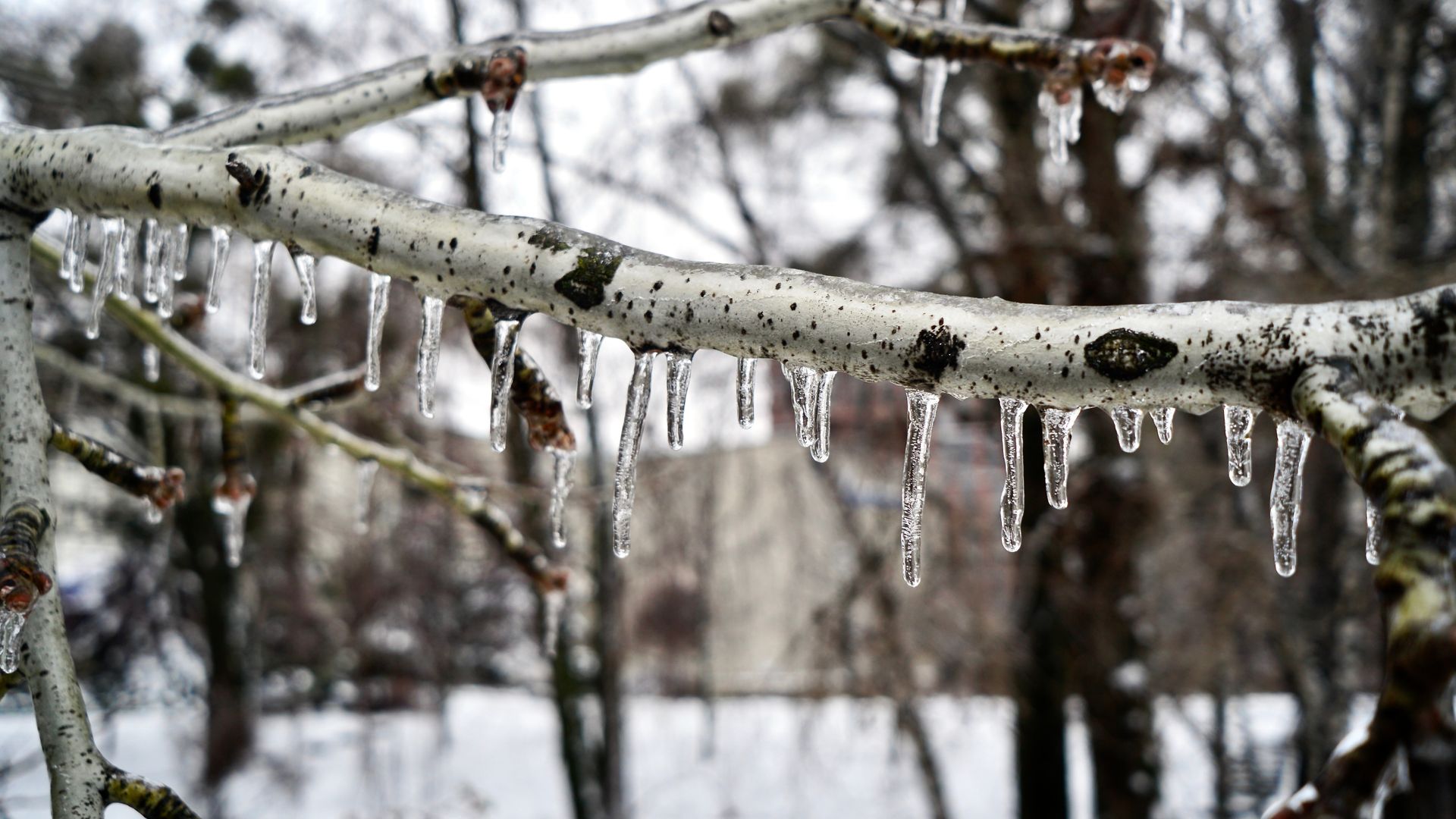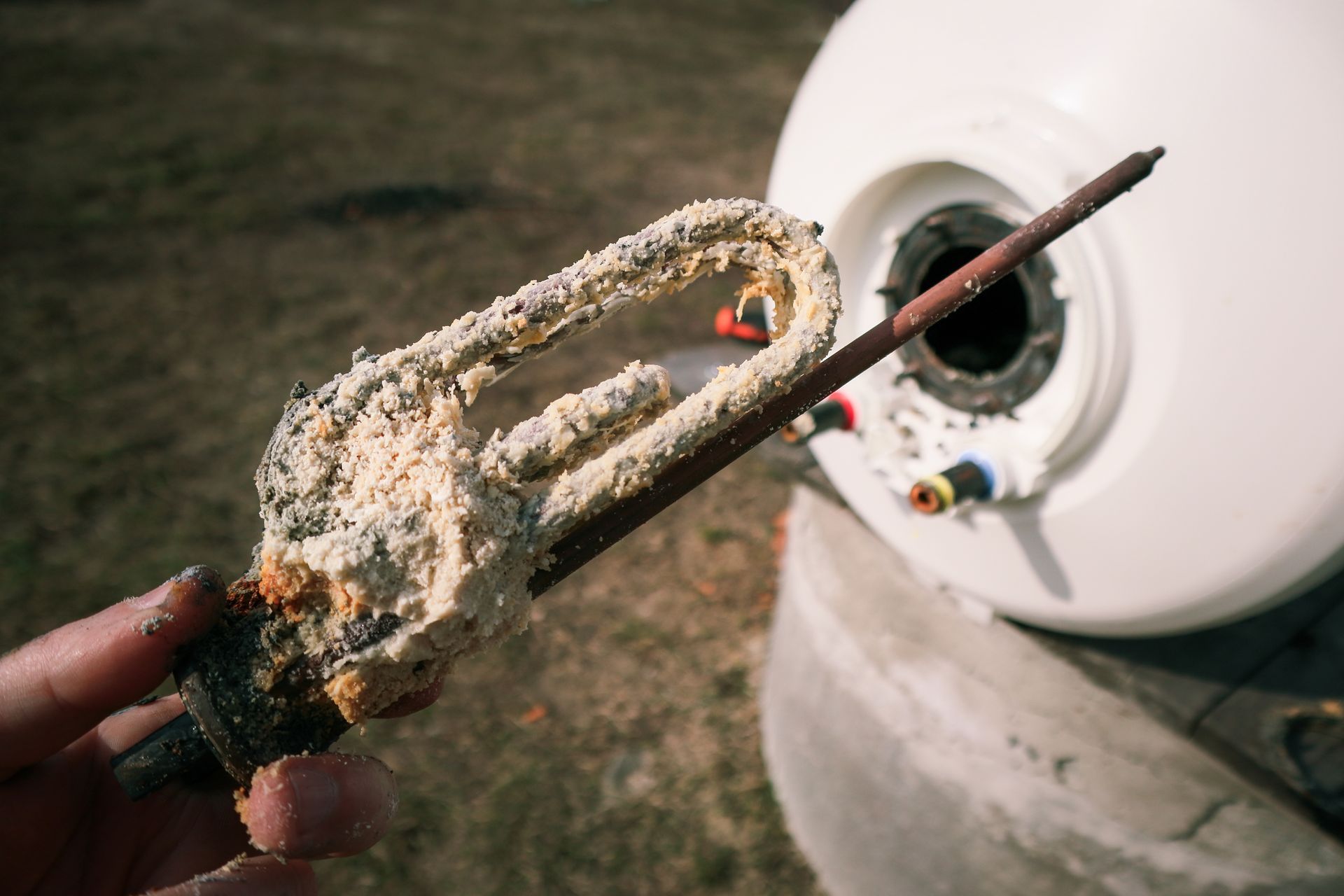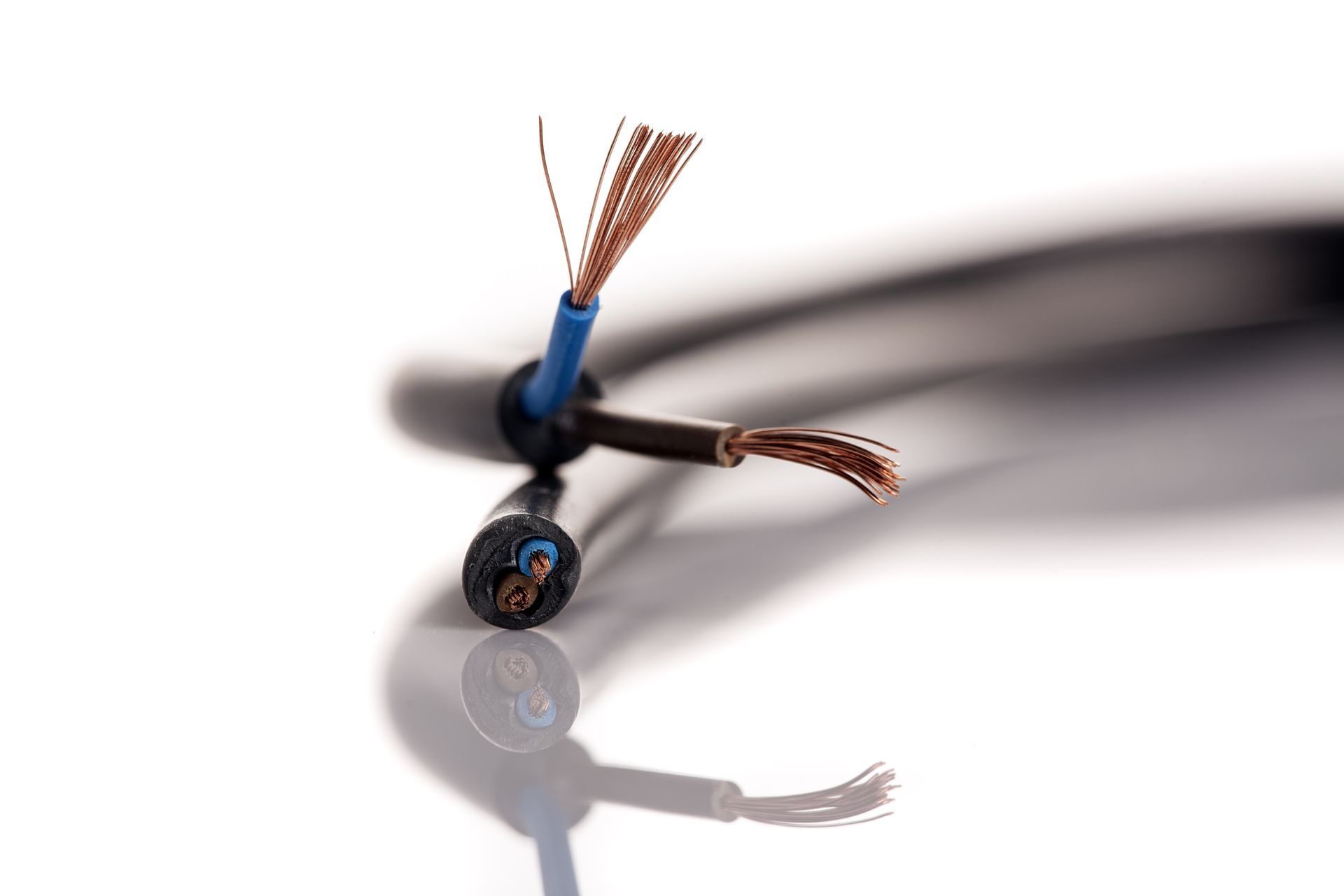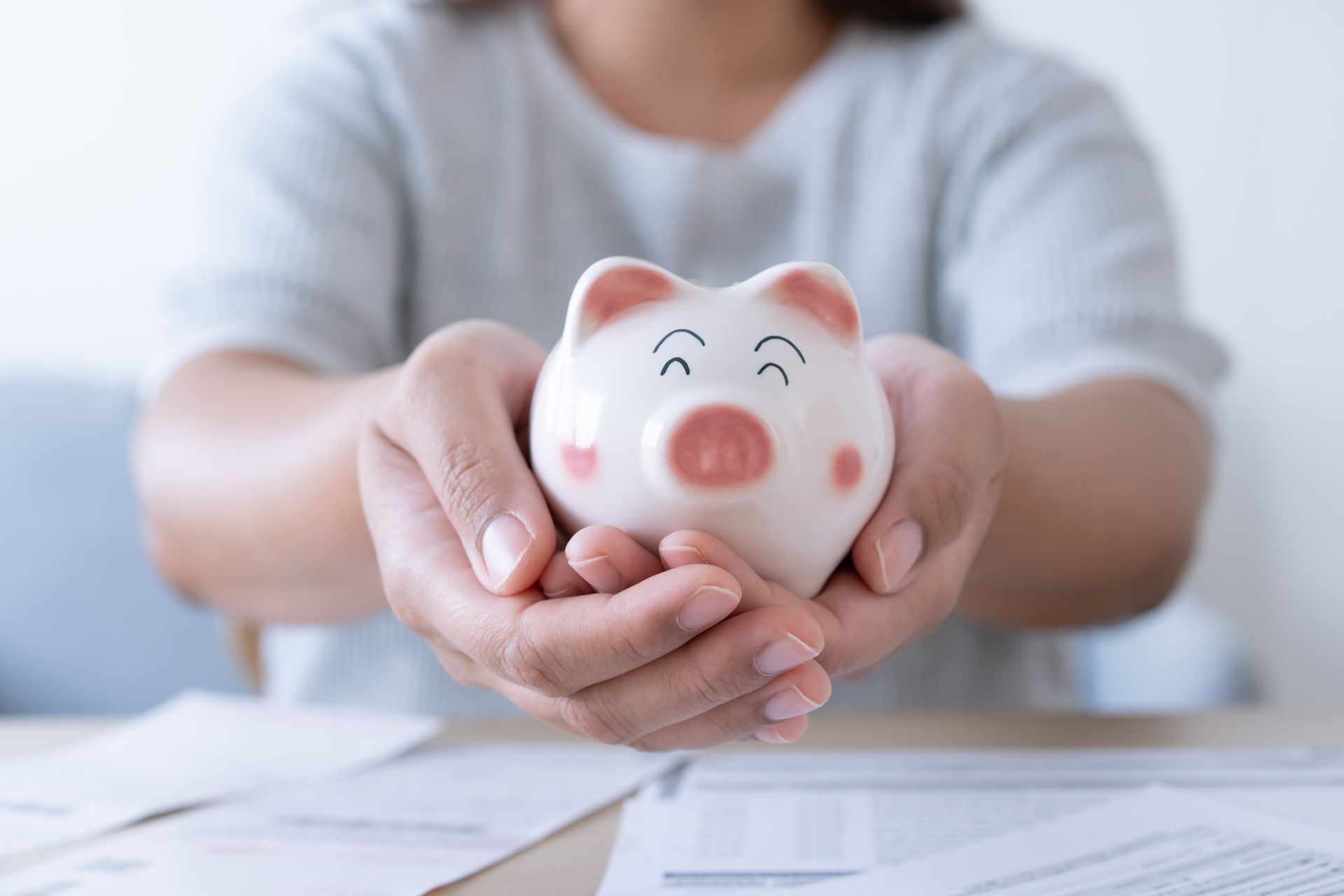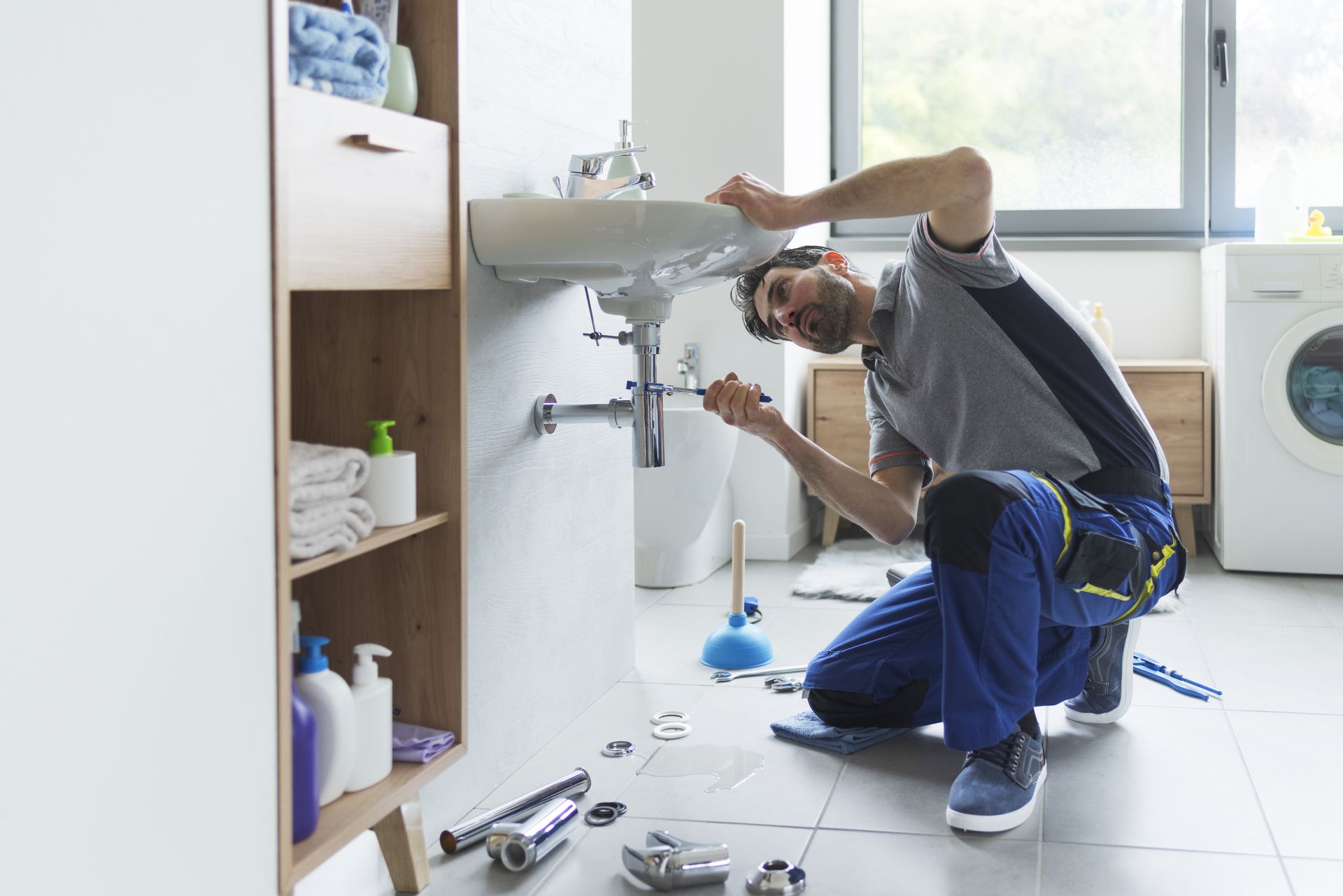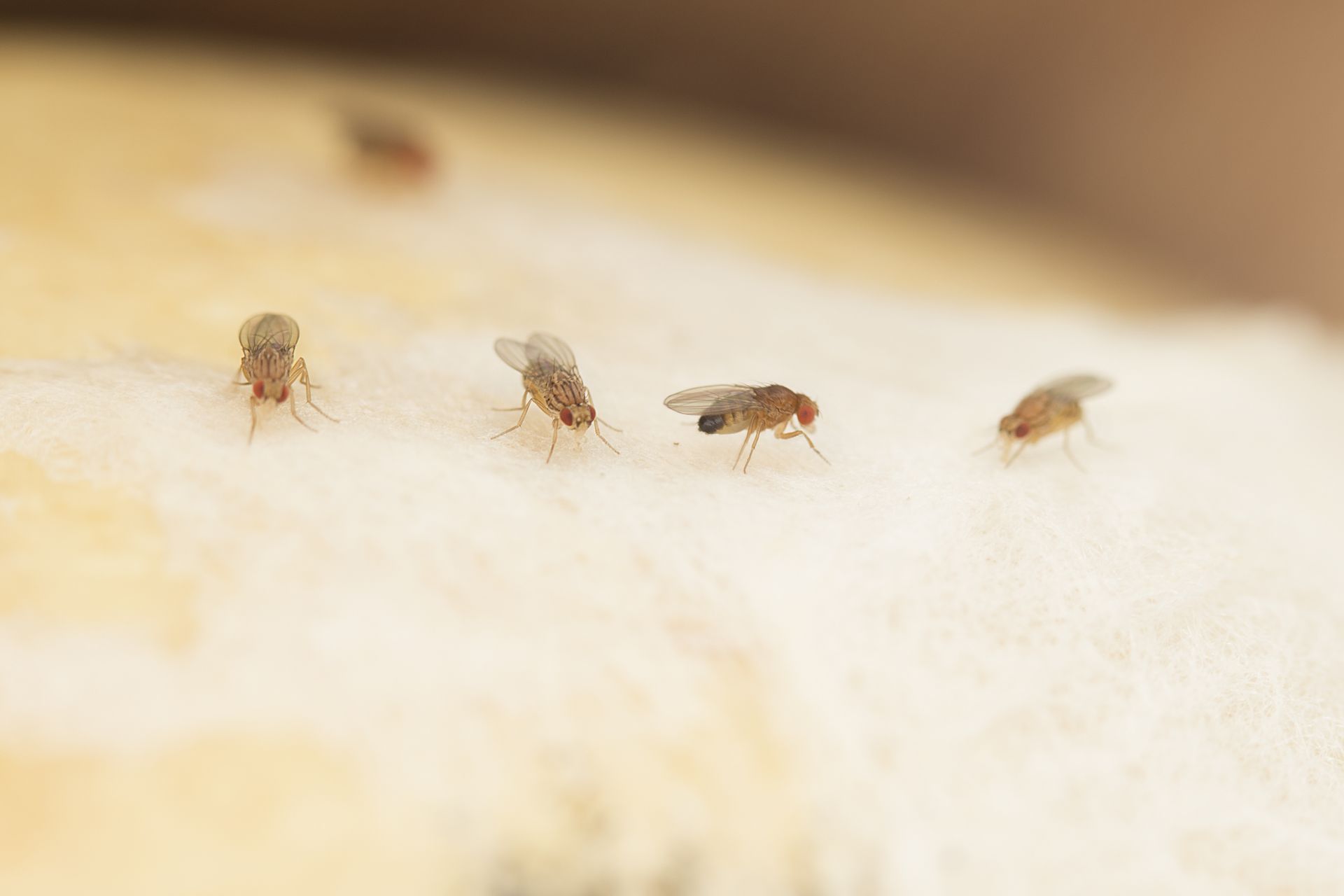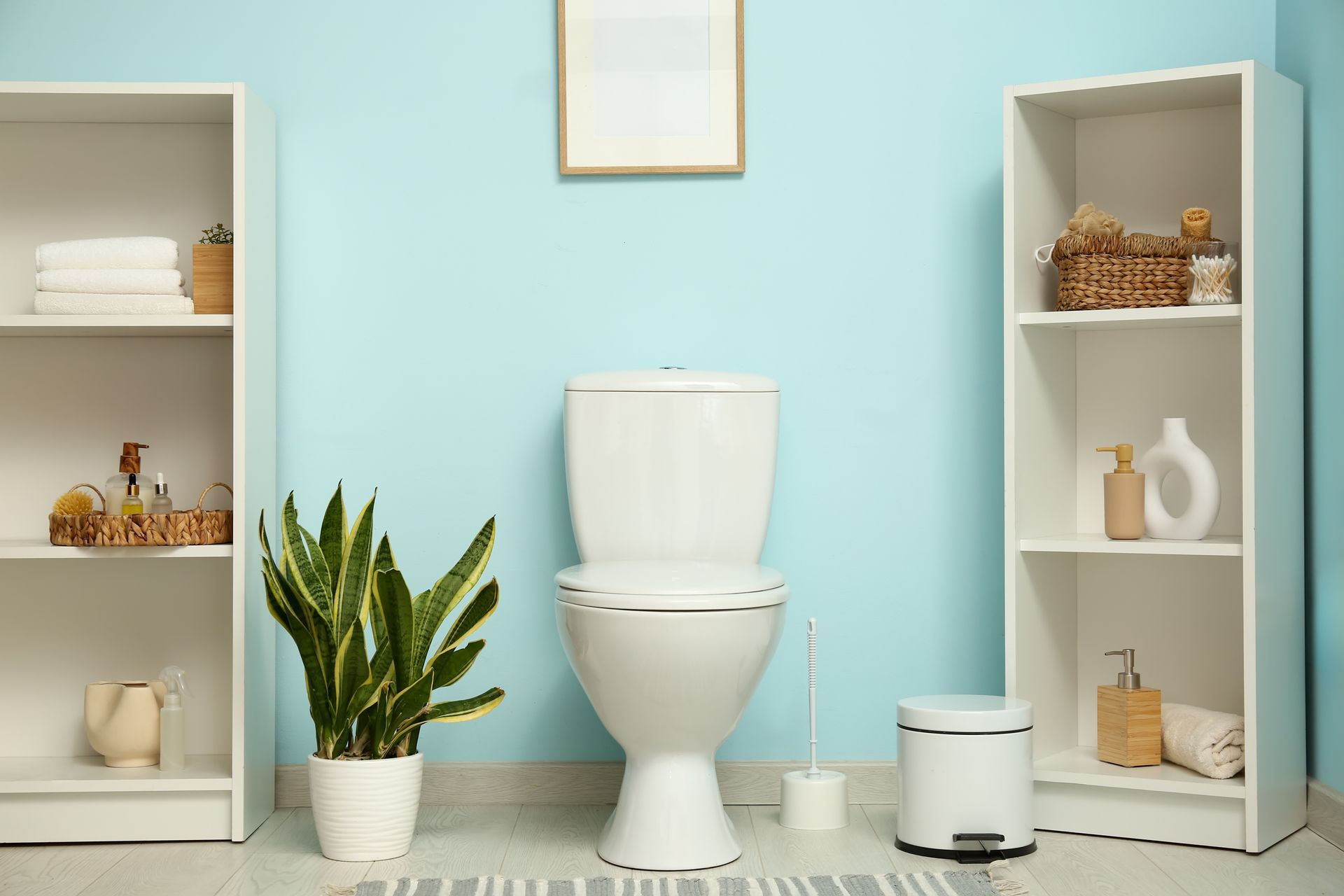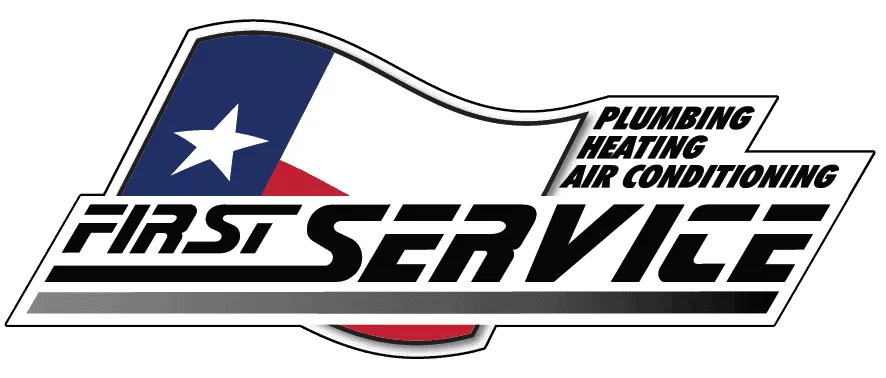Kitchen Drain Guidelines: What Belongs and What Doesn’t
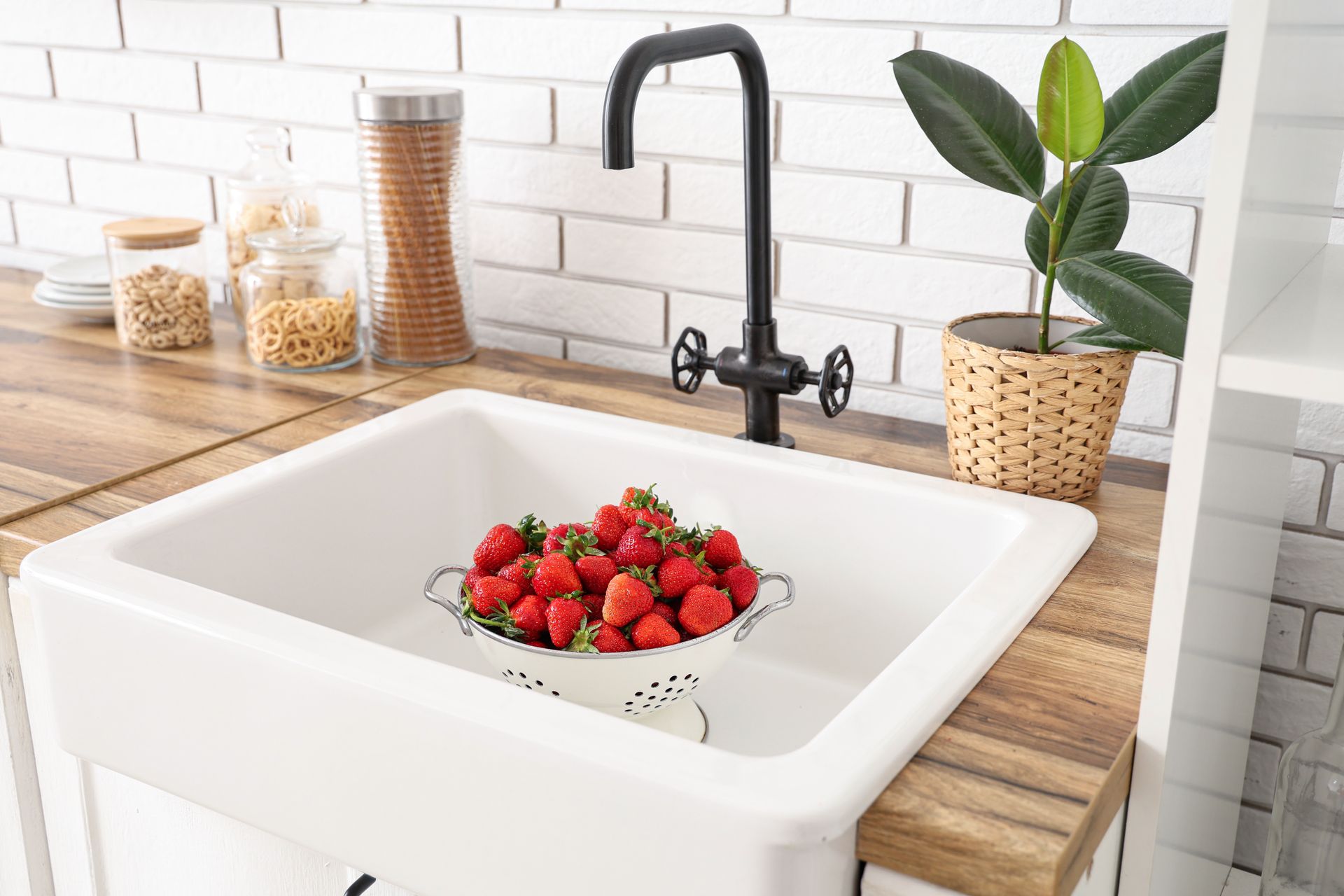
The kitchen sink is one of the most frequently used spots in the home. Whether you're washing dishes, prepping meals or cleaning up – it all happens at the sink. Even though our sinks might not get much attention, they play a big role in your daily routine. To keep it running smoothly and avoid clogs, it’s important to know what’s safe to put down the drain and what should go in the trash instead.
Items That Are Safe for Your Drain
Soft Foods -- Items like pudding, yogurt, applesauce and other soft or pureed foods are generally safe for your drain. Most fruits and vegetables also break down easily and won’t pose a problem. (The only exceptions are fibrous vegetables like corn husks, celery and artichokes.)
Liquids -- Beverages such as juice, soda, broth and coffee (without the grounds) can safely be poured down the drain.
What Should Stay Out of the Drain?
Some items can clog, damage or overwhelm your kitchen’s plumbing. Here’s what you should always toss in the trash instead:
- Cooking Oil and Grease: These harden as they cool, clinging to pipes and creating thick blockages.
- Eggshells and seafood shells: Similar to coffee grounds, eggshells and seafood shells take longer to disintegrate, creating the potential for blockages to occur.
- Bones: They can take a while to break down and can contribute to clogs.
- Coffee grounds: While small, coffee grounds can clump together and cause blogs to develop. Plus, they don’t disintegrate easily, which can make removing them hard.
- Starches: Foods like pasta, rice and potatoes swell with water and can form hard to remove clogs.
- Non-food items: Items like paper towels, produce stickers and plastic food packaging can lead to blocked drains and pipes. It’s recommended that these items be thrown into the trash.
- Medications: Although medications don’t necessarily contribute to blockages, they can have negative consequences for the environment and shouldn’t be put down the drain.
What About Garbage Disposals?
Garbage disposals are especially prone to clogs, so the same guidelines should be followed. Soft foods are acceptable. Soft foods are typically fine, but if it’s not safe for the drain, it shouldn’t go in your disposal either. Items like bones, fibrous vegetables and eggshells can dull the blades or damage the unit, leading to costly repairs and replacements.
Tips to Keep Certain Foods Out of Your Drain
Scrape off plates before putting them in the sink -- Scraping off your plate can help reduce the likelihood of food particles ending up in your drain. If possible, you can even scrape your old food scraps in a compost bin.
Use a drain basket (or strainer) -- Drain baskets catch food debris before they reach the sink. are a great tool for protecting your sink from falling food debris. They’re fairly inexpensive, easy to use and can be found at most retail stores.
Avoid Food Prep Over the Sink -- Refrain from chopping, peeling or preparing food directly over the sink. This will help prevent bits and pieces from falling in and clogging the drain.
Properly dispose of oil, grease and medications -- By properly disposing of oil and medications, you prevent pipe clogs and help the environment. Old grease can be placed into a container and taken to a local grease recycling site. Unused or unwanted medications can be handed over to local law enforcement agencies, which tend to have designated drop-off sites.
What Should You Do if a Clog Begins to Form?
If you notice a clog beginning to develop, you can do several things to stop it from getting worse:
- Use a sink plunger to clear the blockage
- A drain snake can be effective for pulling up and clearing away old food debris
- Pour a small pot of boiling water down the drain (unless it's connected to PVC pipes)
If you’ve tried to unclog your drain but aren’t seeing any results, it may be time to contact a professional plumber who has the tools to deal with difficult blockages.
Need a Plumbing Professional? We’re Here To Help!
If you’re looking for an experienced plumber, First Service is ready to help! We proudly serve the Midland area and surrounding communities.
Give us a call at 432-302-6694 to learn more about our plumbing services. For more information about our HVAC services, visit our website by clicking the link
here.
